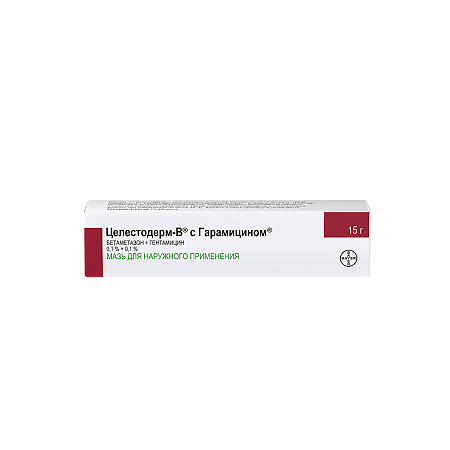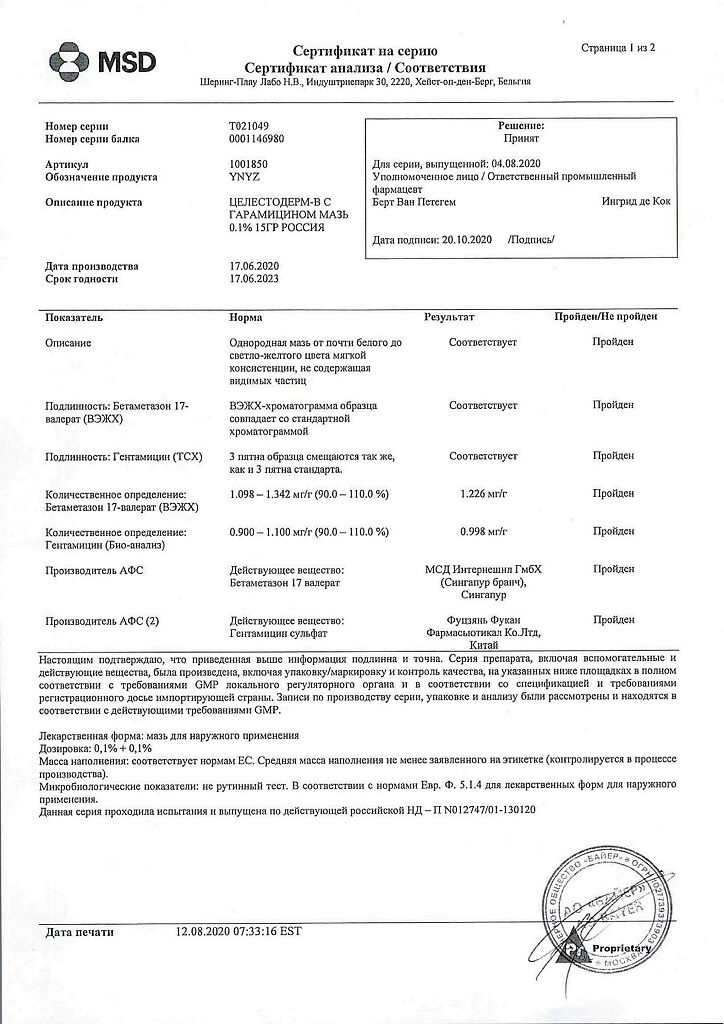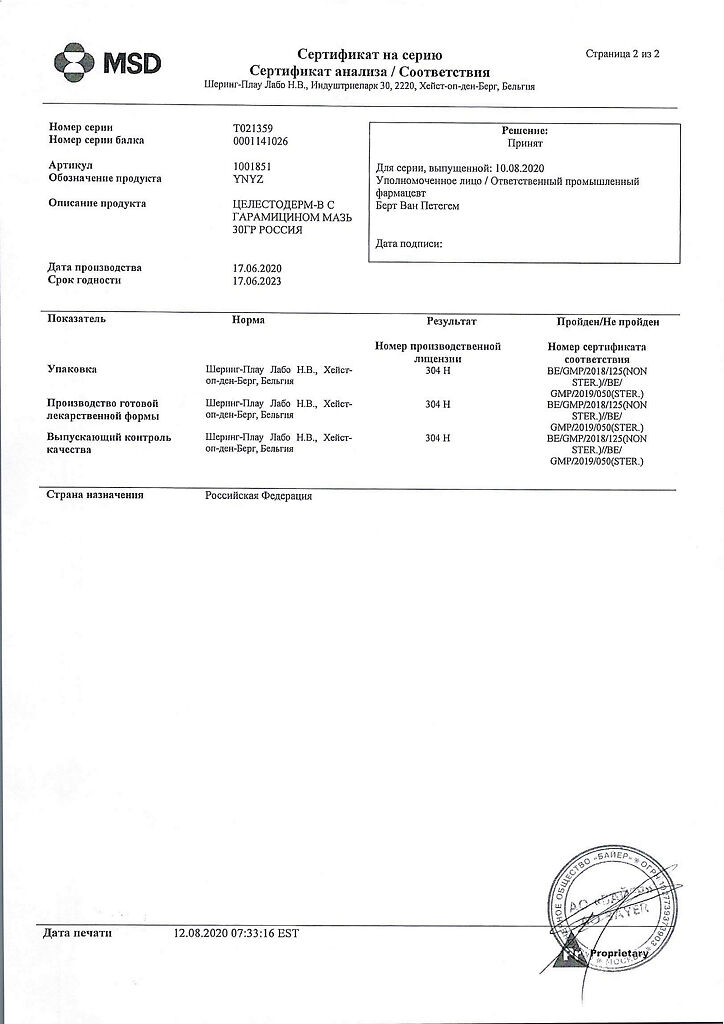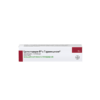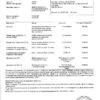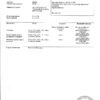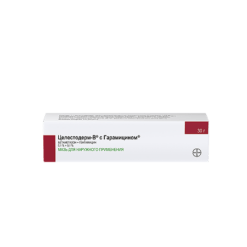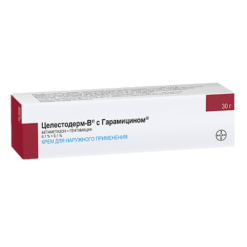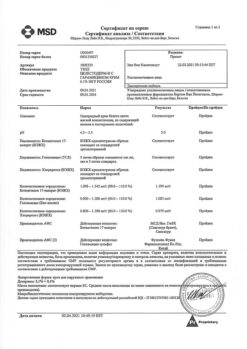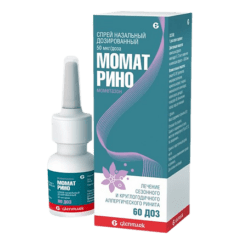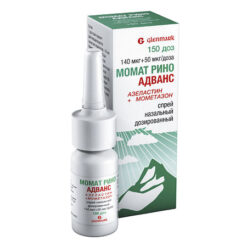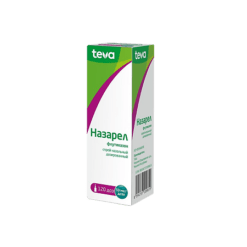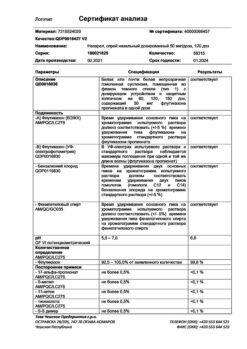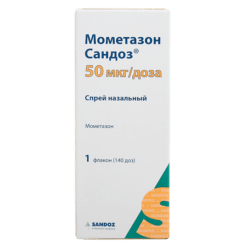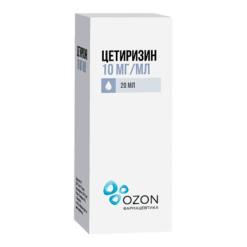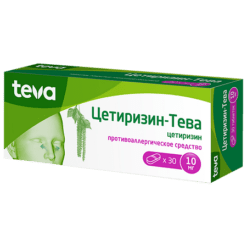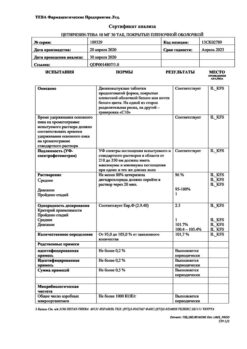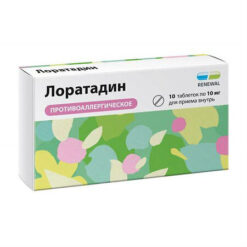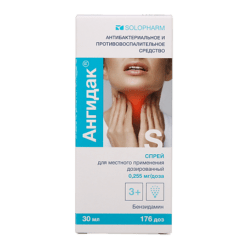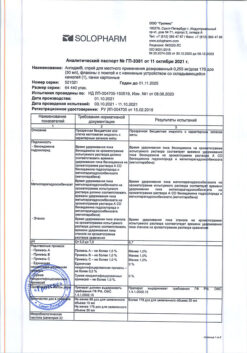No products in the cart.
Celestoderm B with Garamycin, 0.1% ointment 15 g
€15.93 €13.80
Description
Celestoderm-B with Garamycin is a combination drug, the action of which is due to the components in its composition.
Betamethasone valerate – GKS – has anti-inflammatory and anti-allergic effect, inhibits the release of cytokines and inflammatory mediators, reduces the metabolism of arachidonic acid, induces the formation of lipocortins, which have anti-edema activity, reduces vascular permeability.
Gentamicin is a broad-spectrum antibiotic and when applied topically it is effective against the majority of common pathogens. Susceptible to gentamicin bacteria include sensitive strains of Streptococcus (beta-hemolytic, alpha-hemolytic), Staphylococcus aureus (coagulase-positive, coagulaseonegative and some penicillinase-producing strains) and Gram-negative bacteria: Pseudomonas aeruginosa, Aeobacter aerogenes, Escherichia coli, Proteus vulgaris and Klebsiella pneumoniae.
Indications
Indications
Local treatment of skin diseases amenable to GCS therapy, in the presence of a secondary infection caused by microorganisms susceptible to gentamicin, or if such an infection is suspected:
eczema (atonic, childhood, coin-shaped);
contact dermatitis;
seborrheic dermatitis;
neurodermatitis;
solar dermatitis;
exfoliative dermatitis;
radiation dermatitis;
intertrigo;
psoriasis;
anogenital and senile itching.
Celestoderm-B ointment with garamycin is used for skin lesions due to eczema or psoriasis, and cream is used for diseases of moist or oily skin.
Pharmacological effect
Pharmacological effect
Celestoderm-B with garamycin is a combination drug, the effect of which is determined by the components included in its composition.
Betamethasone valerate – GCS – has an anti-inflammatory and antiallergic effect, inhibits the release of cytokines and inflammatory mediators, reduces the metabolism of arachidonic acid, induces the formation of lipocortins, which have anti-edematous activity, and reduces vascular permeability.
Gentamicin, a broad-spectrum antibiotic, is effective against most common pathogens when applied topically. Bacteria susceptible to gentamicin include sensitive strains of streptococcus (beta-hemolytic, alpha-hemolytic), Staphylococcus aureus (coagulase-positive, coagulase-negative and some penicillinase-producing strains), as well as gram-negative bacteria: Pseudomonas aeruginosa, Aerobaster aerogenes, Escherichia coli, Proteus vulgaris and Klebsiella pneumoniae.
Special instructions
Special instructions
If there is no effect of treatment within 2 weeks, it is recommended to consult your doctor to clarify the diagnosis and treatment. If irritation or hypersensitivity is observed when using the drug, treatment should be stopped and the patient should be given another therapy.
Any side effects of systemic corticosteroids, including suppression of adrenal cortex function, may also be observed when using local corticosteroids, especially in children. Systemic absorption of local corticosteroids may increase with long-term use, treatment of large areas of the body, or use of occlusive dressings, especially in children. Systemic absorption of gentamicin when applied topically may be increased when applied to large areas of skin, especially during long-term treatment or in the presence of cracked skin.
In such cases, the development of adverse events characteristic of gentamicin when used systemically, especially in children, is possible. When antibiotics are used locally, growth of insensitive microflora, including fungal ones, is occasionally observed. In this case, treatment must be stopped and appropriate therapy prescribed. Celestoderm-B with Garamycin is indicated for external use only and is not intended for use in ophthalmology.
Celestoderm-B with Garamycin can be used to treat children over 6 months of age. Children may be more susceptible to the effects of local corticosteroids, which cause suppression of the hypothalamic-pituitary-adrenal axis than older patients. This is due to higher absorption of the drug in children due to the larger ratio of surface area to body weight.
Active ingredient
Active ingredient
Betamethasone, Gentamicin
Composition
Composition
active substances:
betamethasone 17-valerate – 1.22 mg (equivalent to 1 mg betamethasone)
gentamicin sulfate (gentamicin equivalent) 1 mg (1000 IU).
excipients: liquid paraffin – 100 mg; white soft paraffin – 898.78 mg.
Pregnancy
Pregnancy
Due to the fact that the safety of the use of local corticosteroids in pregnant women has not been established, the prescription of drugs of this class during pregnancy is justified only if the benefit to the mother clearly outweighs the possible harm to the fetus.
GCS should not be used during pregnancy for a long time or in large doses.
Since it has not yet been established whether GCS, when applied topically and systemically absorbed, can penetrate into breast milk, a decision should be made to stop breastfeeding or discontinue the drug, taking into account how necessary its use is for the mother.
Contraindications
Contraindications
Hypersensitivity to any of the components of the drug.
Lupus.
Skin manifestations of syphilis.
Chicken pox.
Simple herpes.
Fungal skin diseases.
Vaccination period and post-vaccination skin reactions.
Lactation period.
Pregnancy (long-term treatment of large areas of skin).
Children’s age up to 6 months.
With caution:
Pregnancy (in the absence of criteria for contraindications), especially in the 1st trimester.
Long-term treatment of large areas of skin, especially in children.
If there are skin cracks or if occlusive dressings are used.
Overdose
Overdose
Symptoms: excessive or prolonged use of local corticosteroids can cause inhibition of the function of the pituitary-adrenal system, which can cause the development of secondary adrenal insufficiency and the appearance of symptoms of hypercortisolism, including Cushing’s syndrome.
A single overdose of gentamicin is not accompanied by the appearance of any symptoms. Long-term use in doses exceeding the recommended ones can lead to a significant growth of insensitive flora, including fungal flora, in the affected area.
Treatment: Appropriate symptomatic treatment is indicated. Acute symptoms of hypercortisolism are usually reversible. If necessary, correction of electrolyte imbalance is indicated. In case of chronic toxic effects, gradual withdrawal of GCS is recommended. If the growth of microorganisms is uncontrolled, appropriate antibacterial or antifungal treatment should be selected.
Storage conditions
Storage conditions
Store at a temperature not exceeding 25°C.
Manufacturer
Manufacturer
Schering-Plau Labeau N.V., Belgium
Additional information
| Conditions of storage | Store at a temperature not exceeding 25 ° C. |
|---|---|
| Manufacturer | Schering-Plough Labo N.V., Belgium |
| Medication form | topical ointment |
| Brand | Schering-Plough Labo N.V. |
Other forms…
Related products
Buy Celestoderm B with Garamycin, 0.1% ointment 15 g with delivery to USA, UK, Europe and over 120 other countries.

